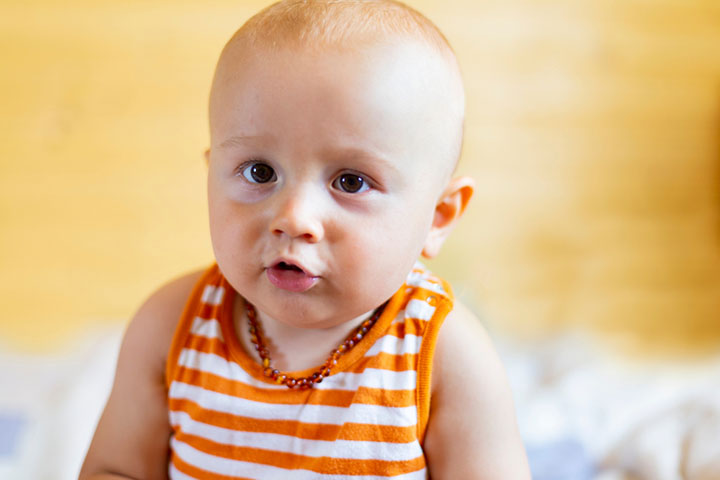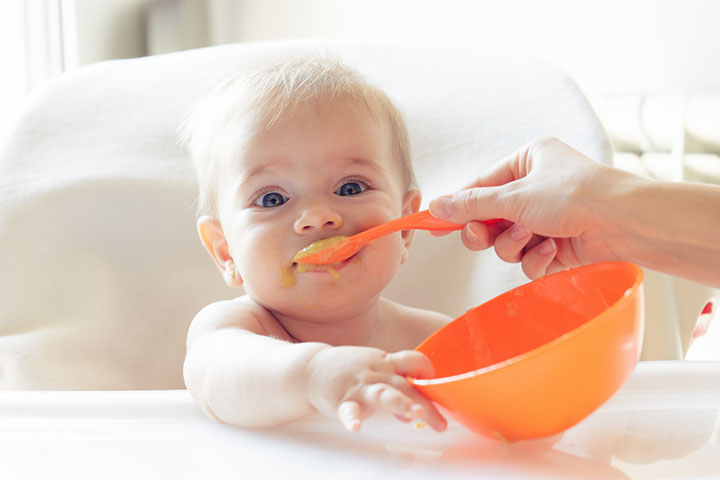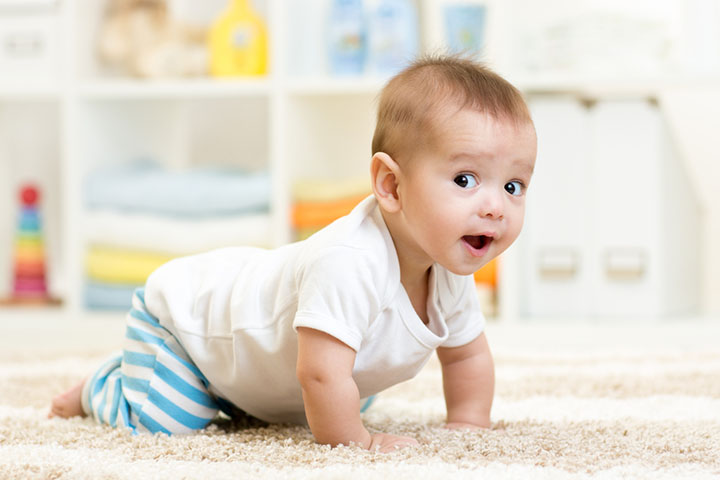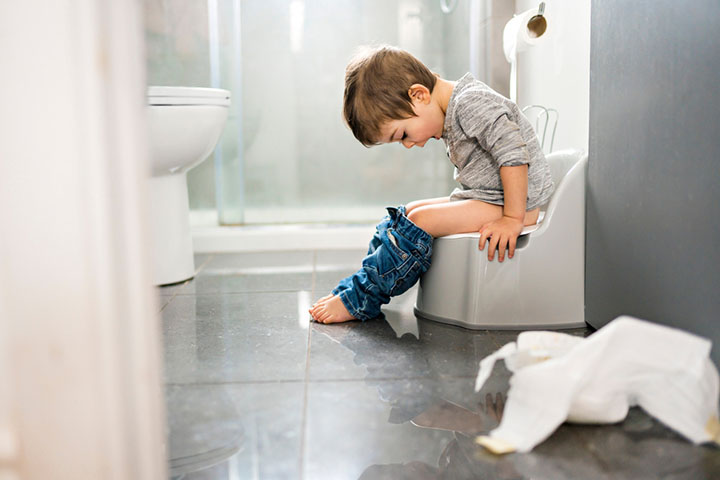
Image: Shutterstock
Bringing a baby into the world is an awe-inspiring journey filled with anticipation and joy. As a new parent, you may find yourself eagerly waiting for each milestone your little one achieves. From sleeping through the night to uttering their first words, these moments seem like stepping stones that lead your child toward a bright future. While it’s natural to be excited about your baby’s development, it’s essential to remember that every child is unique and will reach these milestones at their own pace. In this article, we explore six crucial baby milestones that should not be rushed, understanding the significance of each step in your child’s growth journey.
1. Sleeping Through The Night
Image: Shutterstock
Ah, the elusive full night’s sleep – every new parent’s dream! When will your baby start sleeping through the night? It varies from baby to baby. Some achieve this milestone in three months, while others take longer. Rushing them may disrupt their sleep patterns. Remember, they’re adjusting to a new world, and waking up at night is normal for feeding and comfort. Be patient and understanding.
2. Speaking Their First Words
Image: Shutterstock
As you hang onto every adorable coo and gurgle your baby makes, you might eagerly await the moment they speak their first words. Uttering “mama” or “dada” for the first time is a heart-melting experience for any parent. However, speech development is a gradual process.
Babies develop their language skills at different rates, and pushing them to speak too early might lead to frustration and undue pressure. Engage with your baby through babbling and cooing, talking to them, reading books together, and creating a nurturing environment for language development. In their own time, your little one will take those magical steps into verbal communication.
3. Transitioning To Solid Foods
Image: Shutterstock
Ah, the excitement of introducing your baby to the world of solid foods! While it’s a thrilling phase for parents, it’s crucial not to rush this milestone. The American Academy of Pediatrics recommends starting solid foods around six months of age, as it allows the baby’s digestive system to mature adequately (1).
Offering solid foods too early can strain their immature digestive system, and they might not be developmentally ready to handle anything beyond breast milk or formula. Take your time, observe your baby’s cues, and consult your pediatrician for guidance on when and how to start introducing solids.
4. Crawling
Image: Shutterstock
Crawling is often seen as a significant step toward your baby’s mobility and independence. Some babies may start crawling around six to ten months, while others may skip this stage altogether and proceed directly to walking.
Remember that not all babies crawl, and that’s completely fine. Some babies may prefer scooting, rolling, or finding their unique ways to move around. Forcing a baby to crawl when they aren’t ready might be counterproductive and lead to frustration. Embrace and celebrate your baby’s preferred mode of exploration, supporting them as they venture into their little world.
5. Walking
Image: Shutterstock
The moment your baby takes those wobbly first steps, it feels like a giant leap in their development. Walking is indeed a significant milestone, but it’s essential to allow your baby to initiate this process naturally.
Babies typically begin to walk anywhere between nine and eighteen months, and this wide range is entirely normal. Some babies may start walking early but might lack the fine motor skills to perform other tasks. On the other hand, babies who start walking later might excel in other areas of development. Encourage your baby to explore and support them during this learning phase, but refrain from pushing them to walk before they’re ready.
6. Potty Training
Image: Shutterstock
Potty training is a phase that can evoke both excitement and dread for parents. It’s important to remember that potty training is a developmental milestone that requires physical and cognitive readiness.
While some toddlers may show signs of readiness as early as 18 months, others may not be ready until closer to three years old. Pressuring your child into potty training before they are prepared can lead to resistance and setbacks. Instead, look for signs of readiness such as staying dry for longer periods, expressing discomfort with soiled diapers, or showing interest in using the potty. Be patient and encouraging during this journey, and celebrate every small success.
So, When Should You Worry About Baby Milestones?
While it’s crucial to avoid rushing baby milestones, it’s equally important to pay attention to any significant delays. Every child develops at their own pace, but certain delays might indicate the need for a professional evaluation.
If your baby shows persistent delays in multiple areas of development, such as gross motor skills, speech, or social interactions, it’s essential to consult a pediatrician. Early intervention can be beneficial in addressing potential developmental issues and supporting your child’s overall growth.
Your baby’s developmental journey is an awe-inspiring adventure filled with precious moments. Remember that each child is unique, and rushing milestones can hinder their natural growth and learning process. Embrace the joy of every milestone achieved while creating a loving and supportive environment for your baby’s development. Trust in your little one’s individual pace and be there to cheer them on every step of the way. Let us know in the comments your experience with your baby achieving these milestones. Happy parenting!


















